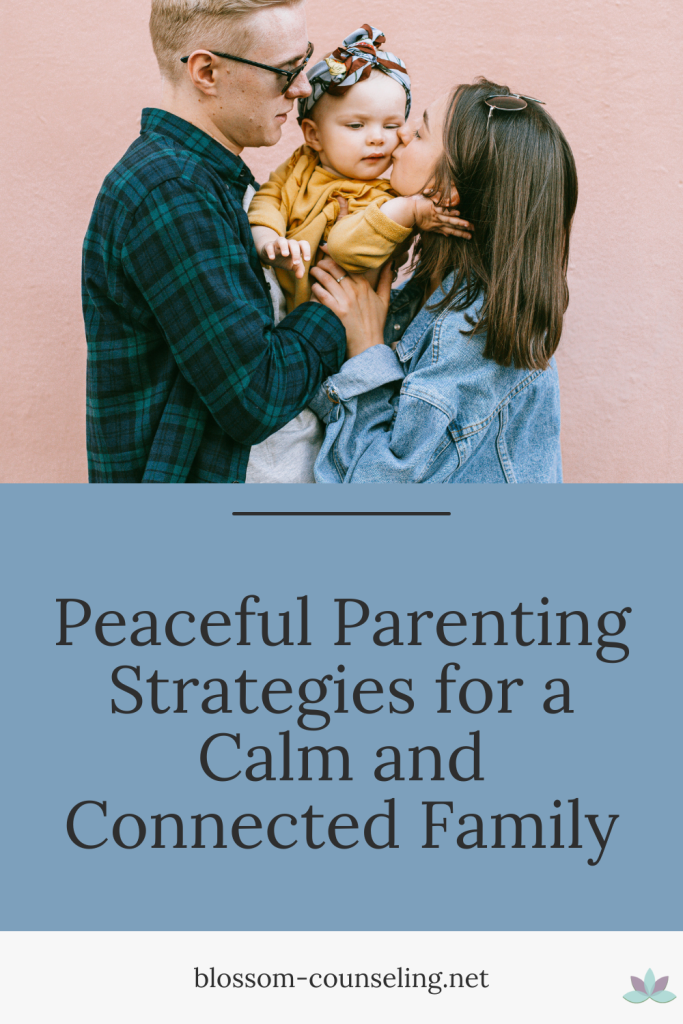
Mental health is often visualized as an adult-centric concern, reserved for the complexities and stressors of grown-up life. Yet, as any heartwarming story or candid chat with a child reveals, their minds are bustling hubs of emotions, curiosities, fears, and joys. Just as we nurture their bodies with good nutrition and exercise, it’s paramount to nurture their mental well-being.
Early Introduction Makes It Normalized
Introducing mental health concepts early on does not mean bombarding children with heavy terminology or complex explanations. Instead, it’s about making conversations about feelings, emotions, and self-awareness a regular part of their lives. When kids grow up understanding that talking about their emotions is as natural as discussing their day at school, it destigmatizes the concept of mental health for them.
Emotional Vocabulary: A Gift for Life
One of the biggest challenges many adults face is articulating their feelings. By teaching children the language of emotions from a young age, we equip them with a robust emotional vocabulary. This allows them to express themselves better, leading to healthier interpersonal relationships and self-awareness.
Laying the Foundation for Resilience
Childhood, while often idealized as a time of carefree play, has its own set of challenges. By teaching kids about mental health, we give them tools to cope with these challenges. They learn that it’s okay to ask for help, that everyone has off days, and most importantly, they learn the art of resilience.
Setting Them Up for Future Success
Mental well-being plays a significant role in academic and later professional success. A child who understands their emotions is more likely to handle academic pressures, navigate friendships, and later, manage work-life balance.
While we don’t need to dive deep into complex mental health disorders, simple conversations about feelings, introducing them to mindfulness activities, or reading books that touch upon these topics can make a significant difference.
Remember, mental health education is not about preparing kids for the stresses of adulthood but rather providing them with a toolkit to navigate the challenges of childhood. It’s an investment in their present and future. Our young ones deserve a holistic education, and mental health is a crucial piece of that puzzle.
|
|




